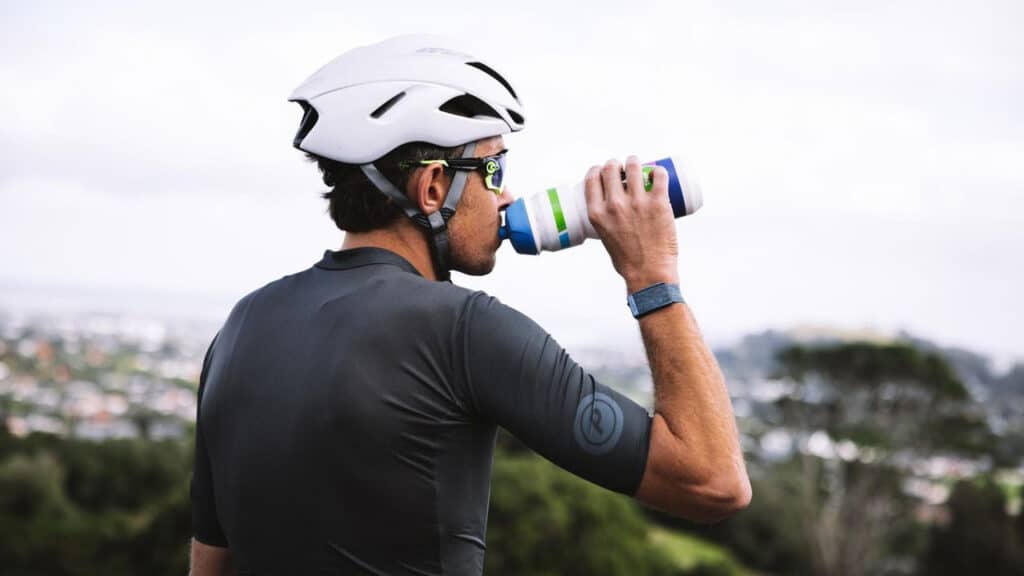So, you’ve put together your exercise plan, and you’ve very carefully and responsibly included time for recovery. How much time? How do you know when you’ve recovered enough to start training again?
Recovery is a multifaceted process, and so are all the different methods of assessing it. You need to keep track of the physiological and the psychological, as well as your general performance. This could be done by observation, physical measurements or questionnaires that evaluate mental state.
Observations from coaches and teammates, the people who know you best and have seen you at all stages of your training, can be useful. They may notice things that you miss, as well as just being able to comment on changes from day to day. There’s always a degree of subjectivity in this kind of assessment, however. They might bring their own biases and the limitations of their own eyes to bear.
The most clear and objective forms of assessment are those that are easily tested and measured. Take heart rate, for example. The comparison of resting and exercising heartbeat, as well as the speed with which the heart returns to normal after a session, can provide valuable insight into fitness and recovery. It’s also relatively easy to do, without a lot of time and expense.
You might think the easiest way to assess a successful recovery is to see if performance has improved. Are your times quicker? Are you lifting heavier weights with less strain? Comparing performance before and after recovery has obvious advantages, but it’s still limited in terms of evaluating all the complicated nuances of the progress. It might tell you if you’re better at one sport, but it’s not necessarily a complete view of your body and overall progress
Performance and recovery aren’t just about the physical. You also need to look at mood and motivation. This is where sport psychologists get involved with their specially designed questionnaires to assess what’s going on in your head. Mental fatigue is just as tiring as physical fatigue and not always as obvious. Are you psychologically ready to start training again?
Assessing the journey from performance to fatigue to recovery to (hopefully) improved performance requires a complex evaluation of multiple interacting factors if you hope to truly understand your progress and identify the areas you can improve. Don’t consider any element in isolation.




